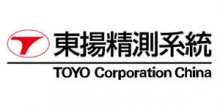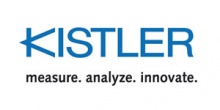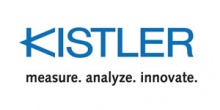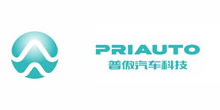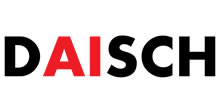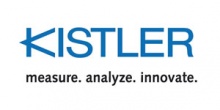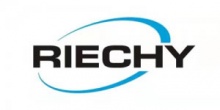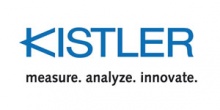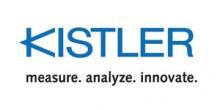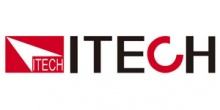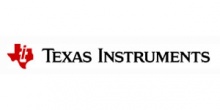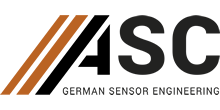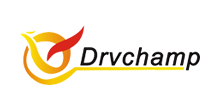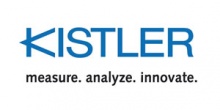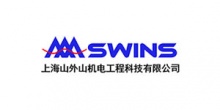Consumer preferences key to urban mobility revolution
According to the white paper, in the coming years, the citizens of larger and more affluent ‘megacities’ – those with populations exceeding 10 million – will be faced with a proliferation of mobility options based on new innovations in both technology and service.
Understanding the likely future demands and aspirations of the early-adopter base of such urban environments is crucial in considering the potential commercial viability of future innovations in mobility. Drawing upon the approach used in a recent in-depth project to understand the future mobility demands of Paris, France, the paper sets out Ricardo’s approach to future market characterization based on the use of its ‘personae perspective analysis’ framework.
This method is based on the creation of a number of personae representative of the wider population, which can be used to understand how consumers consider multiple viable mobility options for their journeys, and how they base their decisions on both rational and emotional factors.
The approach can be particularly effective in understanding the consumer psychology of potential earlier adopter communities for new transportation innovations, ranging from electric vehicles either in personal or shared use ownership, to Mobility as a Service products.
In the Paris study, consumers in a five-to-10-year timeframe were found to be more selective than those of today when making journey choices, most likely as a result of the increasing proliferation of transportation options, an increasing value placed upon the experiential aspects of journeys, and greater social pressures to make environmentally sensitive choices.
Despite the wide range of consumer needs, an increasing requirement for connectivity and a seamless journey were found to be common themes among almost all consumer profiles.
“Our work in studying the future mobility demands of Paris highlighted the need for those intending to introduce new innovations to consider a holistic view of the market and technology,” said Bavly Obaid, senior business analyst for Ricardo Strategic Consulting.
“It will no longer be sufficient to deliver the passenger to his or her destination; the passenger’s other needs must also be met. This may include recognizing and responding to the social attitudes of micro-segments in the passenger groups as well as macro requirements.”
The white paper Consumer preferences in a world of smart, connected mobility, is available for download free of charge from the Ricardo eStore.Consumer preferences key to urban mobility revolution 0
BY TARA CRAIG ON FEBRUARY 25, 2019 CAVS, R&D, V2X/V2V, VEHICLE DEVELOPMENT
A white paper published by Ricardo Strategic Consulting has highlighted the influence of the consumer in the development of smart, connected and automated mobility within the urban environment.
According to the white paper, in the coming years, the citizens of larger and more affluent ‘megacities’ – those with populations exceeding 10 million – will be faced with a proliferation of mobility options based on new innovations in both technology and service.
Understanding the likely future demands and aspirations of the early-adopter base of such urban environments is crucial in considering the potential commercial viability of future innovations in mobility. Drawing upon the approach used in a recent in-depth project to understand the future mobility demands of Paris, France, the paper sets out Ricardo’s approach to future market characterization based on the use of its ‘personae perspective analysis’ framework.
This method is based on the creation of a number of personae representative of the wider population, which can be used to understand how consumers consider multiple viable mobility options for their journeys, and how they base their decisions on both rational and emotional factors.
The approach can be particularly effective in understanding the consumer psychology of potential earlier adopter communities for new transportation innovations, ranging from electric vehicles either in personal or shared use ownership, to Mobility as a Service products.
In the Paris study, consumers in a five-to-10-year timeframe were found to be more selective than those of today when making journey choices, most likely as a result of the increasing proliferation of transportation options, an increasing value placed upon the experiential aspects of journeys, and greater social pressures to make environmentally sensitive choices.
Despite the wide range of consumer needs, an increasing requirement for connectivity and a seamless journey were found to be common themes among almost all consumer profiles.
“Our work in studying the future mobility demands of Paris highlighted the need for those intending to introduce new innovations to consider a holistic view of the market and technology,” said Bavly Obaid, senior business analyst for Ricardo Strategic Consulting.
“It will no longer be sufficient to deliver the passenger to his or her destination; the passenger’s other needs must also be met. This may include recognizing and responding to the social attitudes of micro-segments in the passenger groups as well as macro requirements.”
The white paper Consumer preferences in a world of smart, connected mobility, is available for download free of charge from the Ricardo eStore.
编辑推荐
最新资讯
-
标准解读丨ISO 21111 《道路车辆车载以太网
2025-03-31 19:15
-
清研精准兆瓦级充放电测试设备——重新定义
2025-03-31 19:13
-
强强联合:imc FAMOS内嵌Python接口,提高
2025-03-31 19:12
-
汽车动力电池与发动机系列标准宣贯会在武汉
2025-03-31 16:08
-
氢内燃机2.0-西南研究院(SwRI)启动第二阶
2025-03-31 16:06





 广告
广告




